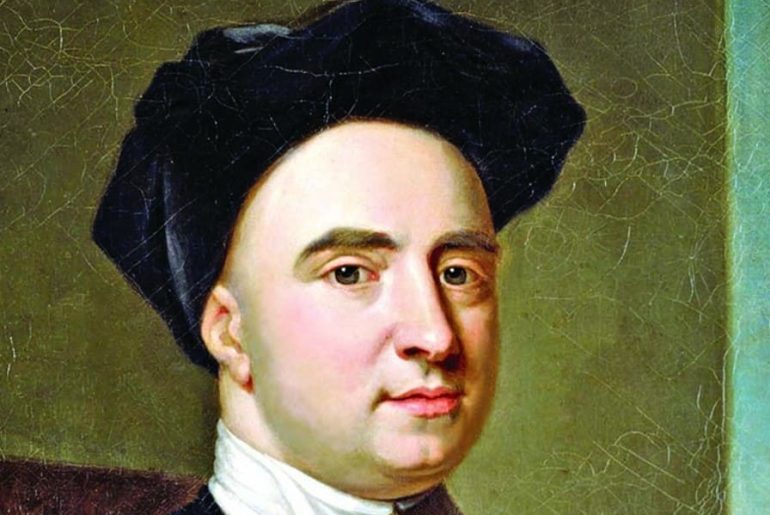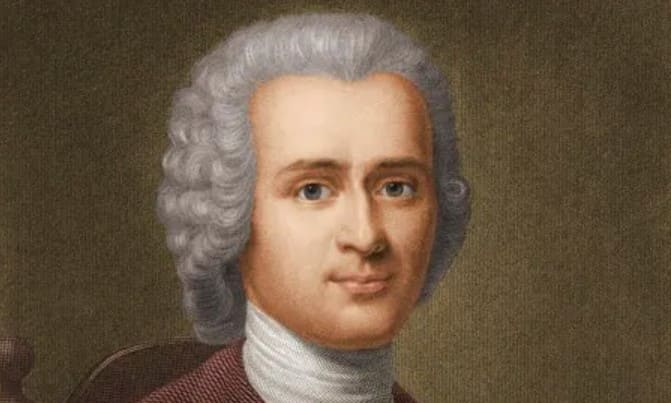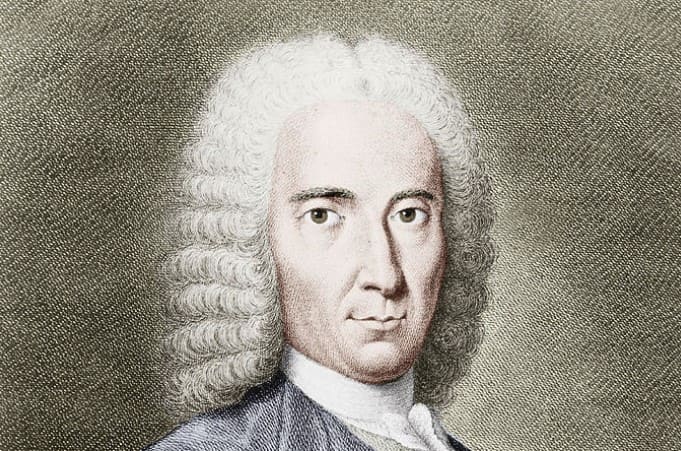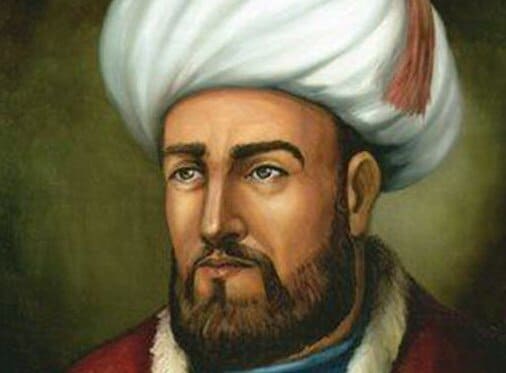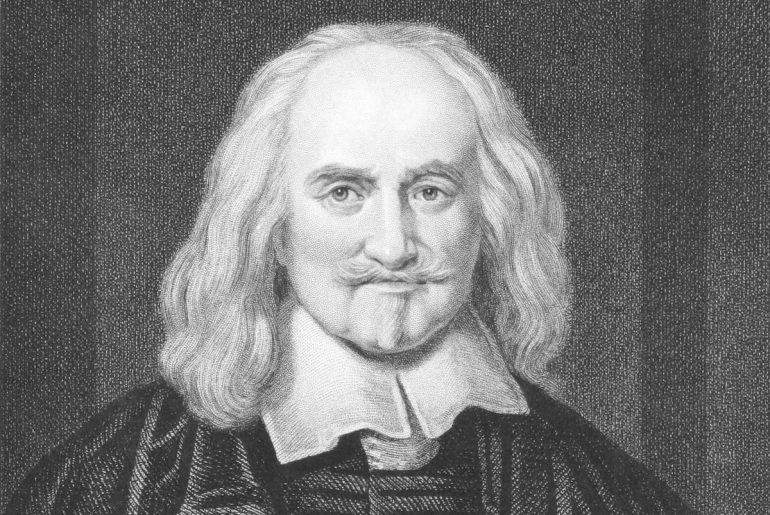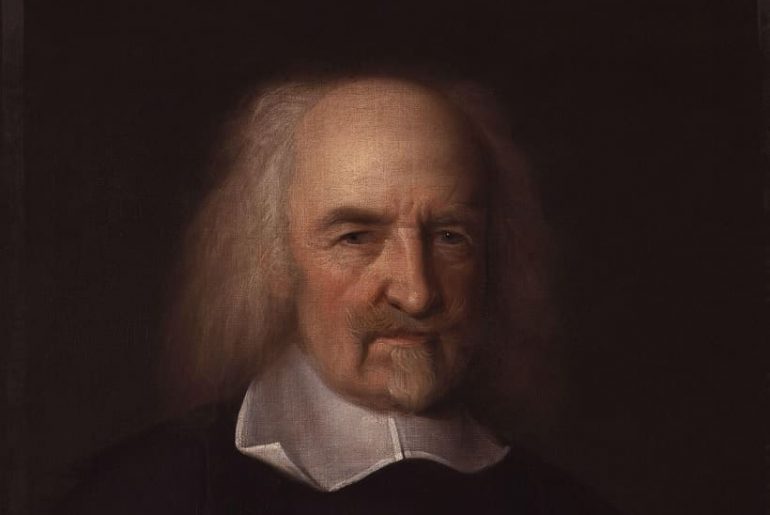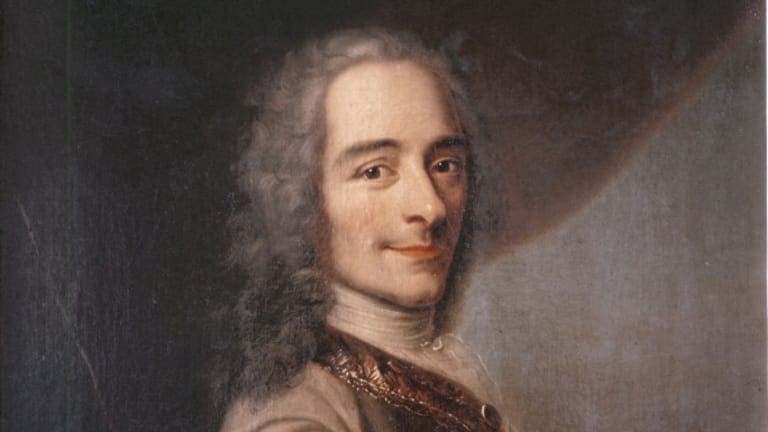George Berkeley was born in Kilkenny, Ireland, on March 12, 1685. After completing his undergraduate studies in mathematics, logic, classical literature, theology, and philosophy at Trinity College Dublin, he remained there as assistant professor and professor of theology, e Hebrew and Greek languages.
Meanwhile, he deepened his knowledge of the great thinkers, reading, among others, the works of John Locke, Nicolas Malebranche, Molineaux, Gassendi, Certesio, Isaac Newton, René Descartes and Thomas Hobbes, thus initiating the development of his immaterialist philosophical thought. that he would establish, between 1706 and 1708, in his “Philosophical Commentaries”.
In 1707 Berkeley published “Arithmetica” and “Miscellanea mathematica”, in addition to the essay “Of infinities”. In 1710 he was ordained a priest of the Anglican Communion; in the same year he published the “Treatise on the Principles of Knowledge”. Three years later he moved to London and then went to Italy to attend the coronation of the Duke of Savoy on a diplomatic mission. During the trip he stayed a couple of weeks in Paris, where he would have met the philosopher and scientist Nicolas Malebranche. In 1728 he married Anne Forster, the eldest daughter of John Forster, Speaker of the Irish House of Commons. . Thanks to an important inheritance received, he decided to go with his wife to America, with the intention of carrying out missionary and philosophical activities for the local people. He settled in Rhode Island, where Henry, his first child, was born. In 1731 he was forced to abandon his initiative because the financial support that the king had originally assured him was suspended.
Back in London, in 1732, George Berkeley published “El Alciforme”, a work with which he had great success. In the following years he continued with the publication of his writings: “The Theory of Vision”, in 1733 and a year later, while he was appointed Bishop of Cloyne, he published “The Analyst”, a work with a mathematical background. . In 1735 he was the turn of the first part of “Querist”, which dealt with economic questions; in 1744 he published “Siris” which, while retaining a philosophical background, deals with tar water, used for therapeutic purposes.
In 1751, with the death of one of his sons, William, whom he was particularly fond of, his health began to decline. The following year he moved to Oxford; there George Berkeley died of a stroke on January 14, 1753, when he was not yet 68 years old.
Berkeley’s philosophical thought is completely centered on idealism, which he strongly opposes, to materialism that degenerates into skepticism and atheism. Matter exists according to the perception of human beings and, in the absence of man, it is still perceived by God. Redirecting external reality to the spirit that perceives it, there is identity between perception and reality (“esse est percipi”, “to be is to be perceived”), and therefore there is no matter independent of perception.
George Berkeley, one of the greatest exponents of English empiricist philosophy, is counted among the “fathers of idealism.” Among his other works stand out: “Leibniz’s Theodicy” (1710) and “Three dialogues between Hylas and Philonus” (1713).
What is George Berkeley known for?
Berkeley is best known for his early works on vision (An Essay towards a New Theory of Vision, 1709) and metaphysics (A Treatise concerning the Principles of Human Knowledge, 1710; Three Dialogues between Hylas and Philonous, 1713).
What did George Berkeley do in psychology?
Berkeley’s first important published work, An Essay Towards a New Theory of Vision (1709), was an influential contribution to the psychology of vision and also developed doctrines relevant to his idealist project.
What is knowledge according to George Berkeley?
All knowledge comes from perception; what we perceive are ideas, not things in themselves; a thing in itself must be outside experience; so the world only consists of ideas and minds that perceive those ideas; a thing only exists so far as it perceives or is perceived.
What type of philosopher was Berkeley?
Bishop George Berkeley (1685 – 1753) was an Irish philosopher of the Age of Enlightenment, best known for his theory of Immaterialism, a type of Idealism (he is sometimes considered the father of modern Idealism).
Did George Berkeley believe in free will?
George Berkeley believed that free will does exist. He argued that our will is not determined by anything (i.e., free), thus a person is the uncaused cause of their behavior.
How does Berkeley prove the existence of God?
Berkeley “ has proved that God exists from the existence of the material sensible universe, and shown what kind of being God is from the knowledge we have of our own selves or spirits ” (p. 168).
What is Berkeley’s main argument?
The master argument is George Berkeley’s argument that mind-independent objects do not exist because it is impossible to conceive of them. The argument is against the intuitions that many have and has been widely challenged. The term “Berkeley’s master argument” was introduced by Andre Gallois in 1974.
Why does Berkeley believe that we Cannot have an idea of mind or spirit?
This is because Berkeley is committed to the view that there can be nothing mental, as an idea is something mental, of which the possessor is unaware. The ideas we are aware of cannot depend upon ideas we are not aware of, for we cannot have ideas without being aware of them.
What would Berkeley argue Cannot be said to exist?
Berkeley’s central claim is that sensible objects cannot exist without being perceived, but he did not suppose that I am the only perceiver. So long as some sentient being, some thinking substance or spirit, has in mind the sensible qualities or objects at issue, they do truly exist.
Does Berkeley believe in matter?
Berkeley’s philosophical view is often described as an argument for “immaterialism”, by which is meant a denial of the existence of matter (or more precisely, material substance.) But he also, famously, argued in support of three further theses.
What did George Berkeley say about our physical world?
Berkeley says that only an infinite being may produce and direct causally the perceptions that humans (spirits) have of physical matter.
How does Berkeley describe mind or spirit?
According to Berkeley, “esse est percipi” (“to be is to be perceived”). The existence of an idea cannot be separated from its being perceived. If an idea or object is not perceived, then it does not exist. The perceiving, active being is referred to by Berkeley as the mind, spirit, soul, or self.
What does Berkeley mean by idealism?
According to George Berkeley’s subjective idealism, everything in the universe is either a mind or an idea in the mind, and matter cannot possibly exist.
What does Berkeley mean by common sense?
It argues that in his Notebooks, Berkeley develops a theory according to which to possess common sense is to use the faculties of the mind properly, and that Berkeley’s approach to common sense can be understood as a response to John Toland’s epistemology of religion.
Why does Berkeley deny the existence of material objects?
According to Berkeley, we cannot compare ideas with material objects since to have knowledge of a material object would require that we know it via some idea. Thus, all we ever encounter are ideas themselves, and never anything material.
Is Berkeley an atheist?
“False. Berkeley was a Roscoe Bishop. Berkeley assumed Our god to be present being an immediate root cause of the whole encounters. “


